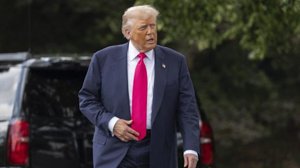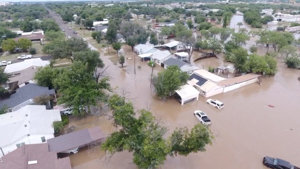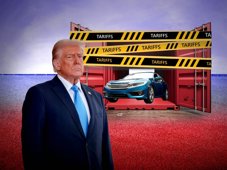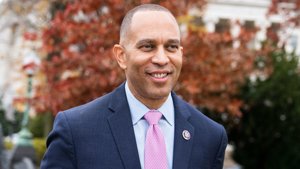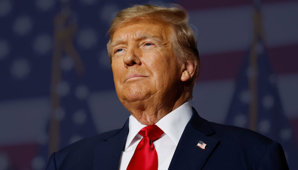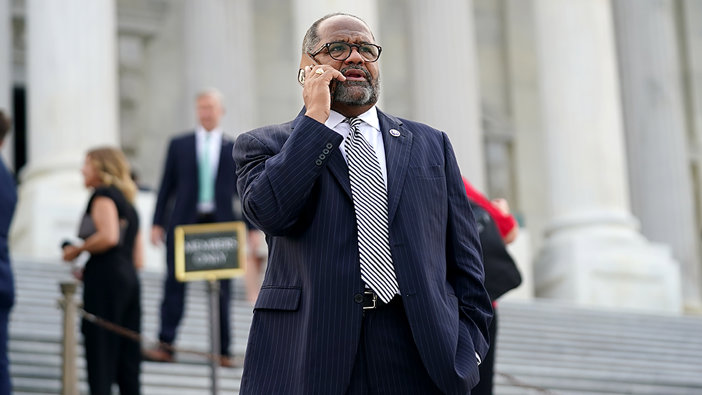
Trump’s emergency powers use raises alarm
Rep. Troy Carter warns Trump's use of emergency powers risks undermining U.S. democracy and constitutional checks.
Record Emergency Declarations Trigger Constitutional Concern
In his first 100 days back in office, President Donald Trump has invoked emergency powers eight times — more than any modern president over the same period. These declarations, including a “national energy emergency” and one treating trade deficits as national security threats, are drawing growing concern from legal experts and lawmakers.
Representative Troy A. Carter Sr., a member of the House Energy and Commerce Committee, publicly criticized the president’s approach, calling it a misuse of authority. “Trump’s overuse of emergency powers is an abuse of power,” Carter stated, warning that the president is bypassing congressional processes to force through policy changes.
Experts point out that emergency powers were designed for temporary flexibility during genuine crises — not as a shortcut for stalled domestic agendas. Elizabeth Goitein of the Brennan Center for Justice emphasized that these powers were never intended to rewrite law outside of constitutional procedure.
Legal scholars are raising red flags about the implications of such frequent and expansive emergency declarations. Kim Lane Scheppele, a Princeton University professor who studies global democratic backsliding, warned that this strategy mirrors patterns seen in emerging authoritarian regimes. “This is pedal to the metal on executive power,” she cautioned.
According to Scheppele, the danger lies in the normalization of unchecked executive authority under the guise of urgency. Trump has declared 21 national emergencies across his two terms — nearly twice the rate of past presidents. These actions, critics argue, sideline the legislative branch and test the limits of constitutional boundaries.
The White House has acknowledged its intent to press these actions all the way to the Supreme Court if challenged, a move that could have long-lasting implications. If upheld, such a legal victory may permanently shift the balance of power toward the executive branch, enabling future leaders — regardless of party — to enact sweeping measures without legislative approval.
Representative Carter underscored his constitutional duty to resist this trend. “I take seriously my oath to defend the Constitution,” he said, vowing to continue pushing back against what he described as “a gross abuse of power and flagrant disregard for the rule of law.”
He also invoked the intentions of the nation’s founders, who warned against the dangers of consolidating power in a single branch of government. “The framers of our Constitution understood that emergency powers, if left unchecked, could be a fast track to despotism,” Carter said. He called for a renewed commitment to checks and balances, warning that the erosion of these principles could threaten the democratic foundation of the United States.
As debates over executive overreach intensify, legal scholars and lawmakers alike caution that what is permitted today may become precedent tomorrow — redefining the powers of the presidency and reshaping the country’s constitutional landscape for generations to come.

